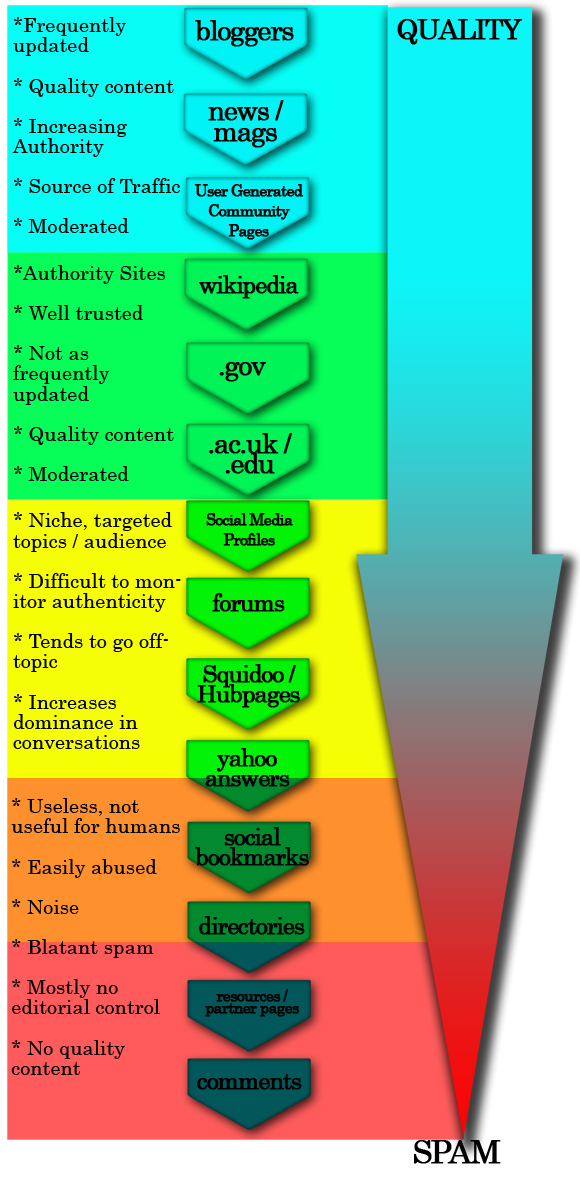Having read (and listened to) Matt Cutt’s blog post informing the world that meta tags are useless and that description tags are only used for the listing’s ‘snippet’, I was far more interested in the latter revelation.
As everyone has pointed out, meta tags have been presumed dead for a long time. However, Matt seemed to suggest that meta descriptions are only useful for getting a good ‘snippet’ - rather than as another chance to reference your keywords.
As he pointed out, Google wants to provide your site with a good ‘snippet’. This is because it is likely to increase your click through rate.
I’ve already heard rumblings about Google using the amount of time/pages a user spends onsite before returning to the SERPs as a factor in ranking. Now I believe that Google uses click through rate as a factor to determine rankings. Maybe not a major factor, but definitely one of the many!
You may have noticed that click-through rate and impressions have been added to Google Webmaster Tools. I’m not quite sure when exactly this happened, but I am sure they have not always been there. There must be a reason for this other than purely for your information.
Therefore, if I’m right, your thinking should change (if it hasn’t already). Rather than referencing your keywords in your meta description with the aim of further increasing the relevance of your page, you should reference your keywords with the sole aim of increasing your click through rate. And you should go beyond simply informative or gently persuasive. Include an Adwords-style call to action in there. Short sharp snippets with sentences like ‘free delivery, buy now!’ etc are bound to catch the eye amongst a sea of half finished sentences.
What do you think?
 The opinions in this post are my own and based on my own experience.
The opinions in this post are my own and based on my own experience.